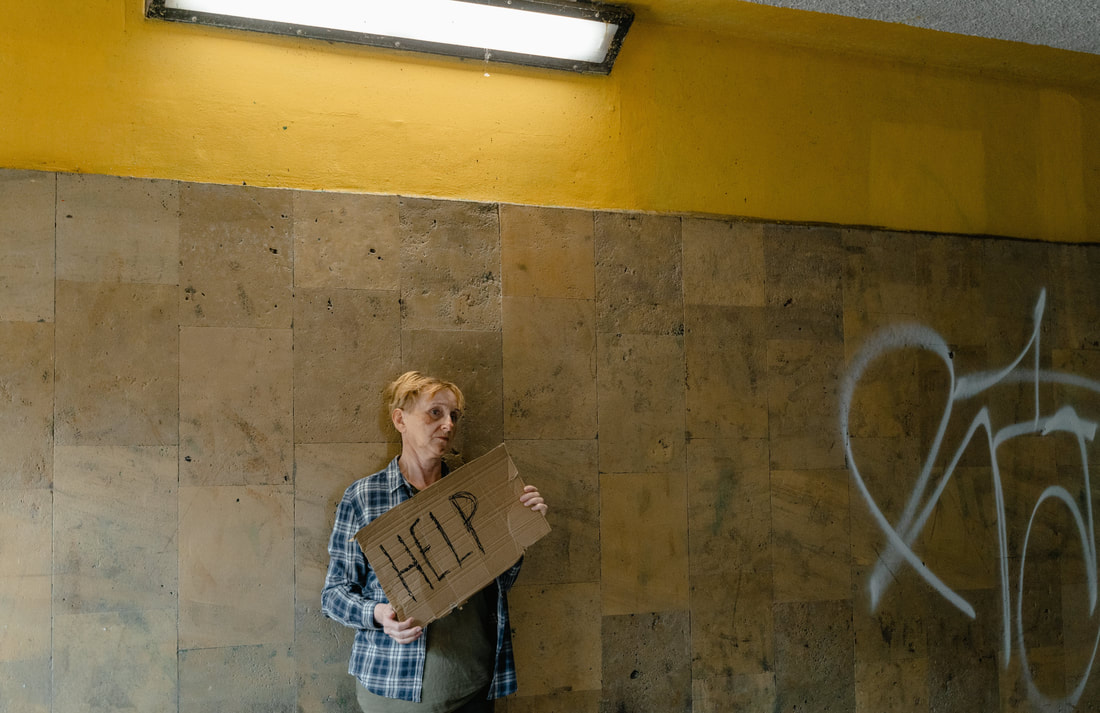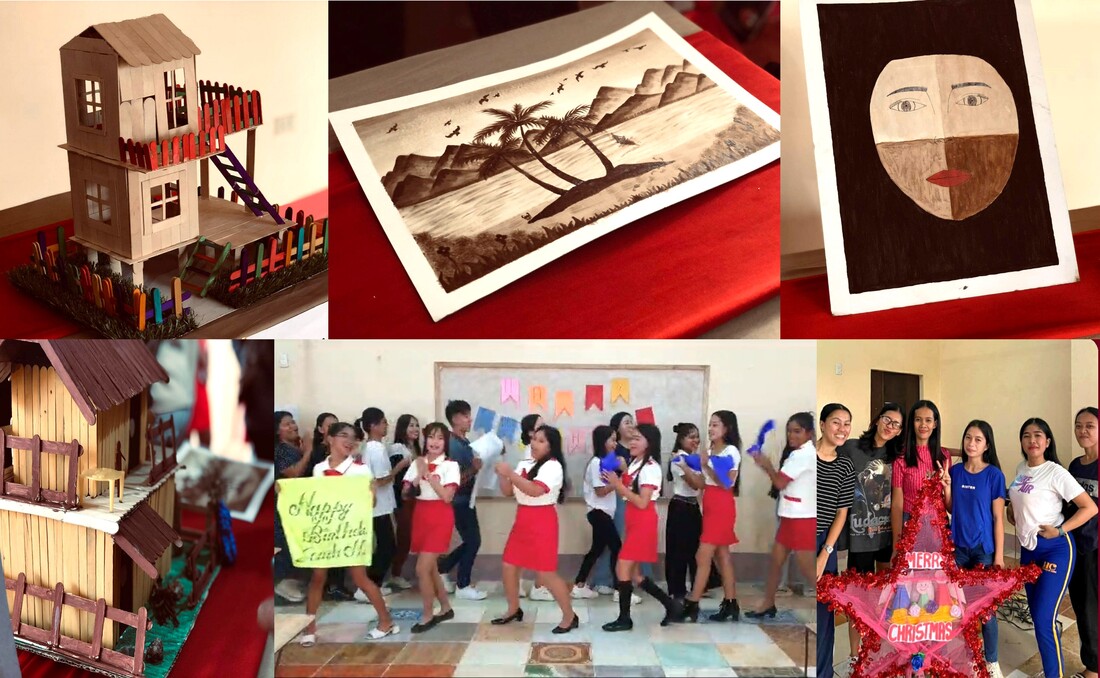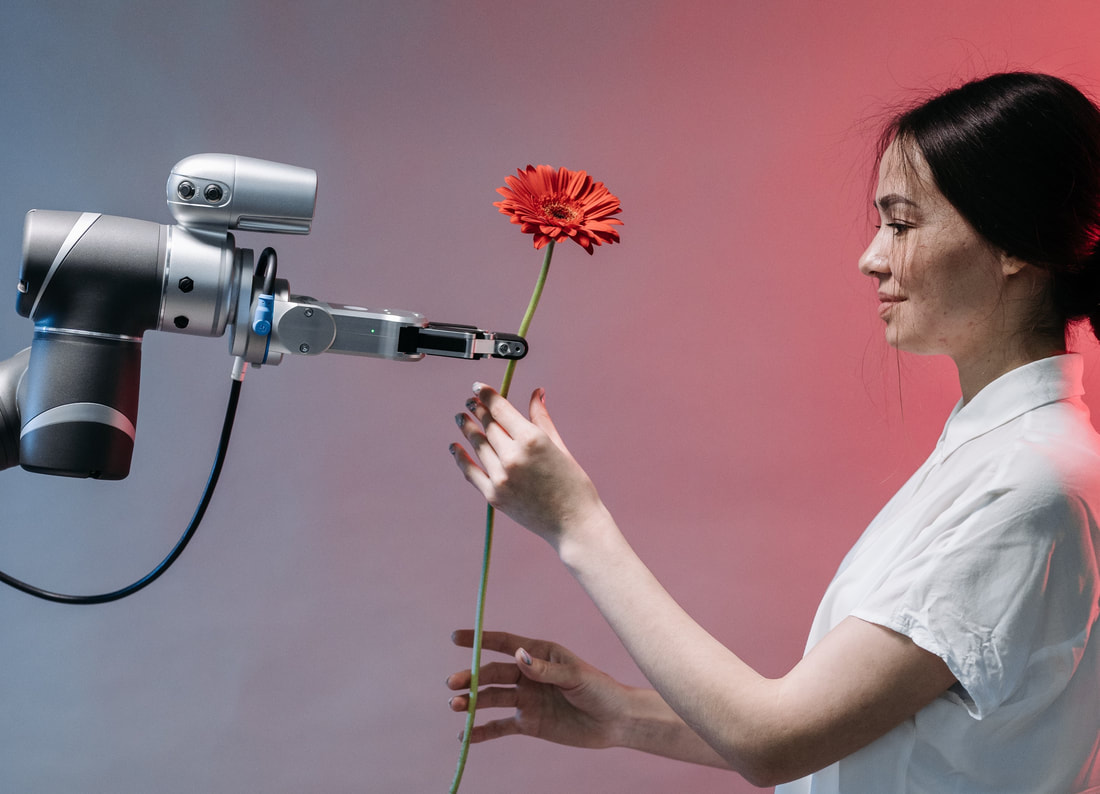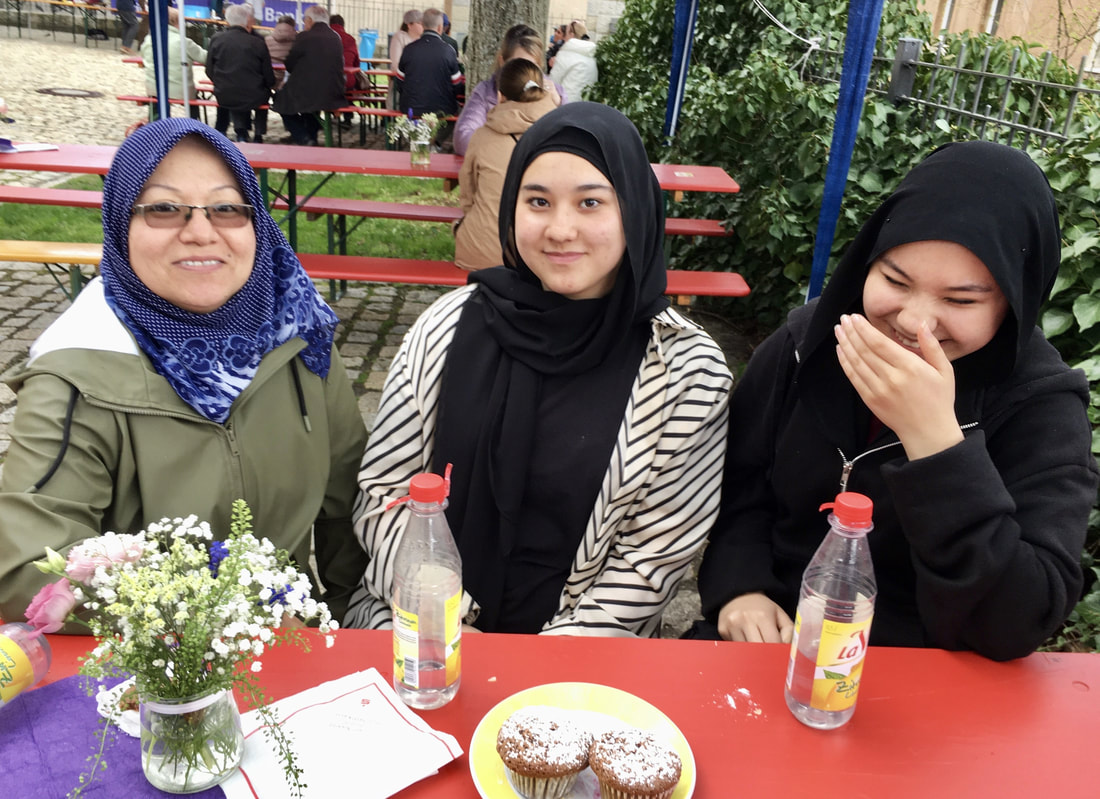|
‘Leadership is influence.’ (John C. Maxwell) It’s one thing to have insight. It’s another thing to exert influence on the basis of that insight. This is often a dilemma for leaders and professionals when seeking to influence change across dynamic, complex systems and relationships. After all, what if I can see something important, something that could make a significant difference, yet I can’t gain access to key decision-makers? Or what if, even if I can get access, they’re not willing to listen? What if people are so preoccupied by other issues that my message is drowned out by louder voices and I can’t achieve cut-through? Early in my career, I worked as OD lead in an international non-governmental organisation that was about to embark on radical change. I’d studied OD at university on a masters’ degree course and, based on that experience, could foresee critical risks in what the leadership was planning to do. I tried hard to get access to raise the red flags but, by the time I met with the leaders, it was too late. They had already fired the starting gun on their chosen programme. My concerns turned out to be well-founded, and the changes almost wrecked the organisation. I agonised for some time over why I’d been so ineffective at influencing their decisions. I learned some valuable lessons. Firstly, the view I held of my role – the contribution I could bring – was different to that of the leaders. I viewed myself as consultant whereas they viewed me as service provider. Secondly, the leaders had become so emotionally-invested in the change they had designed that they reacted defensively if challenged. They saw my well-meaning red flags as resistance rather than as a genuine desire to help. I would need to change my approach. Since then, I have practised building human-professional relationships with leaders and other stakeholders from the earliest opportunity. These relationships are built on two critical factors: firstly, respect for e.g. the studies, training, expertise and lived experience they bring to the table; and, secondly, empathy for e.g. the responsibilities, hopes, demands and expectations they face – both inside and outside of work. Against this backdrop, I’m able to pray, share my own insights and, where needed, advocate a change from an intention and base of support.
12 Comments
‘The medical model doesn’t perfectly fit mental health – and it confuses a lot of people.’ (Emma McAdam) Is mental health all in the mind? I don’t think so, but I do believe we’re sometimes getting a bit lost in how we think about and approach it. Take Sam. He’s 27, talented and full of potential. Yet Sam often finds himself these days feeling jittery and irritable and struggling to concentrate. His partner finds his mood swings and erratic behaviour increasingly difficult to cope with. Feeling concerned, she took him recently to see his GP who referred him for a mental health assessment. The assessor asked Sam briefly over the phone to describe his symptoms, diagnosed his state as ADHD and recommended prescription medication to resolve it. Now step back with me for a moment. Consider human factors that lead to a sense of mental, emotional and physical well-being, and which can influence a corresponding felt-experience of unwellness if persistently absent in our lives. Things such as: safety and security; sense of purpose; engaging in positive and meaningful human relationships; ability and opportunity to exercise free choices; feeling of making a valued contribution in the world, especially for the benefit of others; achieving something worthwhile; fresh air; change of scenery; prayer, intimacy; sex; physical exercise; personal hygiene; laughter; diet; sleep; rest. Sam stays mostly indoors; sleeps until mid-afternoon; rarely washes; spends all night, every night, playing intense computer games; eats junk food; lives on high-caffeine energy drinks. He did have a job for 2 weeks at a call centre but resigned because he felt unhappy dealing with customer complaints. He has now been unemployed for some time and lives on state benefits. From a psychological and relational perspective, we could view ‘feeling jittery and irritable and struggling to concentrate’ as natural outcomes of Sam’s lifestyle choices, not as a pathological dysfunction requiring medication. Social prescribing could be a healthier response. ‘Clear your mental cache.’ (Gleb Tsipursky) An anchor holds a floating vessel in place to stop it drifting away from where we want it to be. There are many things that could cause it to move, such as a sea tide or river current, so the anchor acts, in effect, as a grounding mechanism. It provides a sense of stability and security in the midst of potential turbulence or unsettling waves. There are parallels, psychologically, in early formative experiences that can influence what we perceive, value and choose as we move through life. These phenomena – often significant people, events, objects or relationships – can form something like anchors in our psyche. They become iconic, or ideal types, that shape our hopes and dreams. A risk is that we place undue value on these anchors in our decisions here and now. This is known in psychology as anchor bias or anchor effect. For example, the first motorbike I fell in love with was a Daytona-yellow Yamaha RD400DX. It has been, since, the bike I always remember most passionately and the standard against which I measure all other bikes. If I were to ride one now, however, the reality may lay far from the idealised fantasy I’ve created over time. I’ve changed a lot over the years and so have motorcycles. I’m older and its vibrating 2-stroke engine might irritate me now. I might feel dismay at its near-lethal early disc brakes or its propensity to rust every time it gets wet. This can happen in relationships too. The first person we fell in love with may become idealised. We may remember vividly the things we loved about them and ignore or forget the things that hurt or annoyed us. We may subconsciously erase or minimise the factors that led to a break-up. As a consequence, we may seek to rediscover or recreate these same idealised qualities in another person or relationship then face hurt, frustration or disappointment when we don’t find them. A solution lays in: recognise our anchors; be aware of our idealising human tendency; learn to see, value and embrace new people, relationships and experiences for who and what they are – in their own unique right. ‘Tomorrow is the first blank page of a 365-page book. Write a good one.’ (Brad Paisley) It was my first time at a Greenbelt Festival in the UK and I remember wearing simple sandals made from recycled car tyres and a leather headband to keep my hair out of my face. I painted a cross on my forehead, carried a bamboo flute (which I couldn’t play) and walked with friends amidst the crowds towards the centre stage. Radical social activist, Jim Wallis, was the keynote and he spoke passionately about a place in the Bible where Jesus reveals who and what matters to him in this world. I felt spellbound. It resonated deeply with my own spiritual convictions – nothing to do with religious moralising and everything to do with a vision, an ethic, a possibility, a relationship. ‘I was hungry and you gave me something to eat, I was thirsty and you gave me something to drink, I was a stranger and you invited me in, I needed clothes and you clothed me, I was sick and you looked after me, I was in prison and you came to visit me.’ In this narrative, those to whom Jesus is speaking were puzzled and asked when they had done this. ‘Whatever you did for one of the least of these brothers and sisters of mine, you did for me.’ Jesus was sharing with astonishing clarity the lens through which he views our priorities and relationships. The way we treat others in need – the poor, the outsider, the sick, the oppressed – is the way that Jesus considers we reflect and treat him. Please God, as we enter this new year: shine your light of love, truth and hope through my life with ever-increasing brightness. ‘What is the human being? In our anti-metaphysical age, we regard the question as having little importance. It is, however, the most crucial of all.’ (Felipe M. De Leon) A good friend in the Philippines – St. Paul as I affectionately call him because of his dedication to the Jesus and the poor – works with student educators, teachers of the future. Today, he supported his students to create their own art exhibition as a way of exploring the relationship between art and humanities. It’s a topic that interests me too. I’ve travelled and worked in many different countries in the world but I’ve never encountered a culture as vibrantly and spontaneously artistic and creative as the Philippines. Music, dance and colour are everywhere, and with such natural richness of talent. I find myself wondering – why is this? By stark contrast, in terms of art, my own part of the world can appear and feel quite cerebral, introverted and restrained. (I notice that even using the word ‘feel’ in that sentence can feel edgy and a bit risky in my context.) St, Paul’s students, like so many others I’ve had the great privilege of encountering in the Philippines, inspire me by their passion, energy and uninhibited emotional expression. They danced for me on my birthday even though I’ve never met them before, rather than offering me a simple written greeting. They bring the ordinary things of life to life. In ‘Life as Art’, Felipe M. De Leon makes similar observations and explores cultural and contextual conditions that contribute to this gift-phenomenon. In Filipino society, in which, ‘a person learns to develop an expanded sense of self – a sphere of being which includes not only his (or her) individual self but encompasses immediate family, relatives, friends…closeness to others allows (one) to be more trusting, open and freely expressive. Arts and crafts are richest, most creative and diverse in communal cultures. Food is tastier, speech more melodic and things of everyday life more colourful.’ De Leon goes on to comment on other distinctive dimensions of Filipino culture and spirituality that also play a part. Yet there’s something about the relational dimension that resonates very powerfully with me. I notice when I work with people and groups that, if they feel genuinely loved, valued and involved, they often find themselves at their most free, experimental and creative too. Conversely, if they feel isolated, undervalued or excluded, they are more likely to become defended, closed-in or shut-down. These amazing Filipino students have a lot to teach the Western world, and me…and I’m still learning. 'There is a universal human tendency to conceive of all things as like ourselves.' (David Hume) In the ground-breaking, futuristic film ‘Her’ (2014), actor Joaquin Phoenix played the part of a man who falls in love with an artificially intelligent (AI) virtual assistant. The AI, whose voice was played by actress Scarlett Johansson, was capable of deep learning. It, or we could say ‘she’, spoke, responded and interacted with the protagonist in ways that we could imagine of a real woman in an increasingly loving relationship – and all via a voice. The movie played with the social-psychological possibilities and limits of the potential inter-relationship between humans and technology. In the next year another movie, ‘Ex Machina’ (2015), saw Domhnall Gleeson playing the role of a computer programmer who encounters an AI robot, this time in the physical form of a beautiful woman played by Alicia Vikander. Gleeson is invited by a tech entrepreneur to test (a) whether she’s capable of genuine consciousness and (b) whether he can relate to her as ‘human’, even though he knows she is artificial. As the plot plays out, the AI skilfully seduces and manipulates the programmer, with apocalyptic implications as the AI plays out the relational game and wins. One of the striking features of both dramas is the human ability to project our human qualities onto other people or things, in this case the AIs, in ways similar to those in which we may, say, attribute human qualities to a dog – and then relate to it as if it were in some way human. It’s a subconscious phenomenon, a blurring of the boundaries between reality and fantasy. We can know something to be true at a rational-cognitive level and, yet, still feel and behave as if a different reality were true. It’s like believing what we want to believe, when it fulfils a human need to do so. ‘The final frontier may be human relationships, one person to another.’ (Buzz Aldrin) I met recently with small groups of asylum seekers and refugees from the Middle East and Central Asia. All commented on how grateful they are for the practical help they have received from the host countries in which they have settled in Europe – housing, health, education etc. and money for food, lighting, heating, water, clothing etc. Without such basic necessities, they could not have survived. That said, their sense of isolation, so far away from home, family and friends etc, can be very painful to endure. Sometimes, having escaped persecution, conflict or war, they may feel anxious or reluctant to connect with people from their own countries of origin, in their host countries, because they may be from ‘the other side’. It’s hard to trust if trust has been absent, damaged or betrayed. I ask what they need, what they hope for, what would be life-giving, more than just bearable. Their answer is simple and clear: human relationship, friendship, laughter, to be listened to, to feel heard and understood. Sometimes they lack confidence to reach out. They may fear rejection, feel insecure about their limited local language or worry about a risk of cross-cultural misunderstandings. Host countries may risk focusing so much on strategy, policy and task that they lose sight of relationship. I’m inspired by Pete in the UK and Margitta in Germany. They are followers of Jesus. Whenever we encounter people who are asylum seekers or refugees, Pete and Margitta are welcomed with huge smiles. They see and treat people, warmly, as real people. Love is transformational. ‘How is that human systems seem so naturally to gravitate away from their humanness, so that we find ourselves constantly needing to pull them back again?’ (Jenny Cave-Jones) What a profound insight and question. How is that, in organisations, the human so often becomes alien? Images from the Terminator come to mind – an apocalyptic vision of machines that turn violently against the humans that created them. I was invited to meet with the leadership team of a non-governmental organisation (NGO) in East Africa that, in its earnest desire to ensure a positive impact in the lives of the poor, had built a bureaucratic infrastructure that, paradoxically, drained its life and resources away from the poor. The challenge and solution were to rediscover the human. I worked with a global NGO that determined to strengthen its accountability to its funders. It introduced sophisticated log frames and complex reporting mechanisms for its partners in the field, intended to ensure value for its supporters and tangible, measurable evidence of positive impact for people and communities. As an unintended consequence, field staff spent inordinate amounts of time away from their intended beneficiaries, completing forms to satisfy what felt, for them, like the insatiable demands of a machine. The challenge and solution were to rediscover the human. A high school in the UK invited me to help its leaders manage its new performance process which had run into difficulties. Its primary focus had been on policies, systems and forms – intended positively to ensure fairness and consistency – yet had left staff feeling alienated, frustrated and demoralised. We shifted the focus towards deeper spiritual-existential questions of hopes, values and agency then worked with groups to prioritise high quality and meaningful relationships and conversations over forms, meetings and procedures. The challenge and solution were to rediscover the human. Academics and managers at a university for the poor in South-East Asia had competing roles and priorities, and this had created significant tensions as well as affected adversely the learning experience of its students. The parties had attempted unsuccessfully to resolve these issues by political-structural means; jostling behind the scenes for positions of hierarchical influence and power. They invited me in and we conducted an appreciative inquiry together, focusing on shared hopes, deep values, fresh vision and a co-created future. The challenge and solution were to rediscover the human. Where have you seen or experienced a drift away from the human? Curious to discover how I can help? Get in touch! You arrange to meet with a colleague and, on the afternoon of the appointment, she neither turns up nor cancels it. It can feel disappointing or frustrating, especially if you had spent ages preparing for it, or had rescheduled other things to make room for her in your diary. There may be, of course, all kinds of extenuating circumstances that had prevented her from arriving or letting you know. We could imagine, for instance, that her car had broken down on route, or that she had got stuck in traffic in an area with no mobile phone signal. She might have been held up in another meeting that overran and from which, for whatever reason, she had felt unable to excuse herself. Feelings of hurt or resentment can arise, however, if we allow ourselves to infer deeper meaning and significance from the no show. This can be especially so if it forms part of a wider and repeated pattern of experiences. Could it be, for instance, that her unexpected absence (again) is revealing a subtle and subliminal message such as, ‘Spending time on A is more important to me than spending time with you on B.’ Or, beneath that, ‘I believe my work on A is more important than your work on B’. Or deeper and worse still, perhaps, ‘I’m more important than you.’ The latter could well leave us feeling devalued and disrespected and, if unresolved, damage the relationship itself. I worked with one leader, Mike, who modelled remarkable countercultural behaviour in this respect. If Mike were in a meeting that looked like it may need to overrun, he would: (a) pause the meeting briefly (irrespective of how ‘senior’ or ‘important’ the person was whom he was with); (b) speak with whomever he was due to meet with next (irrespective of how ‘junior’ or ‘unimportant’ that person was); (c) check if it would be OK with them to start their meeting later or, if needed, to defer it; and (d) take personal responsibility to resolve any implications that may arise from that rescheduling. Needless to say, Mike’s integrity and respect earned him huge loyalty, admiration and trust. When have you seen great models of personal leadership? How do you deal with a no show? ‘It’s a question of what the relationship can bear.’ (Alison Bailie) You may have heard the old adage, the received wisdom that says, ‘Don’t try to run before you can walk.’ It normally refers to avoiding taking on complex tasks until we have mastered simpler ones. Yet the same principle can apply in relationships too. Think of leadership, teamworking, coaching or an action learning set; any relationship or web of relationships where an optimal balance of support and challenge is needed to achieve an important goal. Too much challenge, too early, and we can cause fracture and hurt. It takes time, patience and commitment to build understanding and trust. I like Stephen Covey’s insight that, ‘Trust grows when we take a risk and find ourselves supported.’ It’s an invitation to humility, vulnerability and courage. It sometimes calls for us to take the first step, to offer our own humanity with all our insecurities and frailties first, as a gift we hope the other party will hold tenderly. It's an invitation, too, for the receiver to respond with love. John, in the Bible, comments that, ‘Love takes away fear’. To love in the context of work isn’t something soft and sentimental as some cynics would have us believe. It’s an attitude and stance that reveals itself in tangible action. Reg Revans, founder of action learning, said, ‘Swap your difficulties, not your cleverness.’ A hidden subtext could read, ‘Respond to my fragility with love, and I will trust you.’ I joined one organisation as a new leader. On day 3, one of my team members led an all-staff event and, afterwards, she approached me anxiously for feedback. I asked firstly and warmly, with a smile, ‘What would you find most useful at this point in our relationship – affirmation or critique?’ She laughed, breathed a sigh of relief, and said, ‘To be honest, affirmation – I felt so nervous and hoped that, as my new boss, you would like how I had handled it!’ In this vein, psychologist John Bowlby emphasised the early need for and value of establishing a ‘secure base’: that is, key relationship(s) where a person feels loved and psychologically safe, and from which she or he can feel confident to explore in a spirit of curiosity, daring and freedom. It provides an existential foundation on which to build, and enables a person to invite and welcome stretching challenge without feeling defensive, threatened or bruised. How do you demonstrate love at work? What does it look like in practice? |
Nick WrightI'm a psychological coach, trainer and OD consultant. Curious to discover how can I help you? Get in touch! Like what you read? Simply enter your email address below to receive regular blog updates!
|













 RSS Feed
RSS Feed